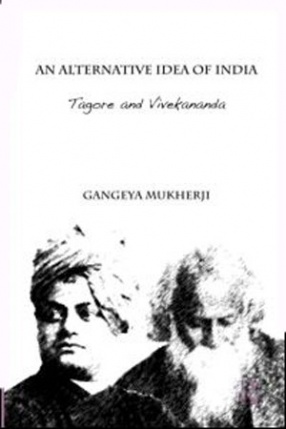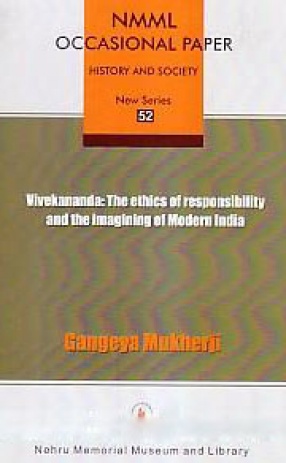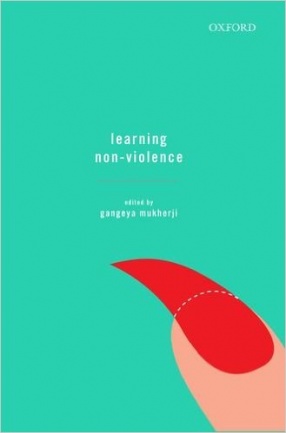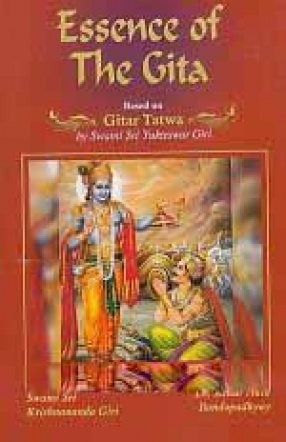An Alternative Idea of India: Tagore and Vivekananda
Synopsis
This book unravels the worldview of two of the most prominent Indians in recent Indian history Tagore and Vivekananda known for their contribution to the world of ideas.
In an attempt to redress the degrading conditions of colonised Indians in their time, both Tagore and Vivekananda argued for emancipation not through political struggle only, but also efforts aimed at creating an Indian consciousness, without transgressing the boundaries of humanism. This humanism was a central component of their larger philosophy to reach out across geographical borders since humanity transcended nationalism and boundaries. Thus, while acknowledging the British as an integral part of an exploitative and discriminatory colonial system, Tagore and Vivekananda did not address them as the adversary, a distinctly innovative approach when compared to other nationalistic formulations of the time, appealing instead to a wider human consciousness.
This book an intellectual interrogation of these two famous thinkers explores their alternative idea of India in the larger context of the many formulations of nationalism with particular reference to theoretical and literary works in European and Indian contexts. The author also discusses their theories in connection with secularist, feminist and postcolonial critiques.
Read more
In an attempt to redress the degrading conditions of colonised Indians in their time, both Tagore and Vivekananda argued for emancipation not through political struggle only, but also efforts aimed at creating an Indian consciousness, without transgressing the boundaries of humanism. This humanism was a central component of their larger philosophy to reach out across geographical borders since humanity transcended nationalism and boundaries. Thus, while acknowledging the British as an integral part of an exploitative and discriminatory colonial system, Tagore and Vivekananda did not address them as the adversary, a distinctly innovative approach when compared to other nationalistic formulations of the time, appealing instead to a wider human consciousness.
This book an intellectual interrogation of these two famous thinkers explores their alternative idea of India in the larger context of the many formulations of nationalism with particular reference to theoretical and literary works in European and Indian contexts. The author also discusses their theories in connection with secularist, feminist and postcolonial critiques.
39.60
35.64
$
44.00 $
Free delivery Wolrdwidе in 10-18 days
Ships in 1-2 days from New Delhi
Membership for 1 Year $35.00
Get it now and save 10%
Get it now and save 10%
BECOME A MEMBER
Books by the same author









Bibliographic information